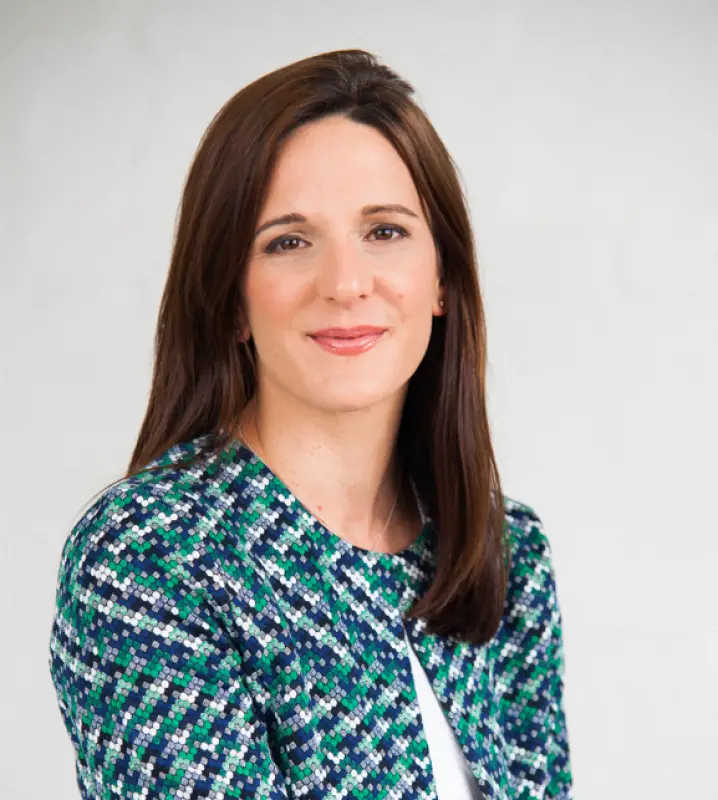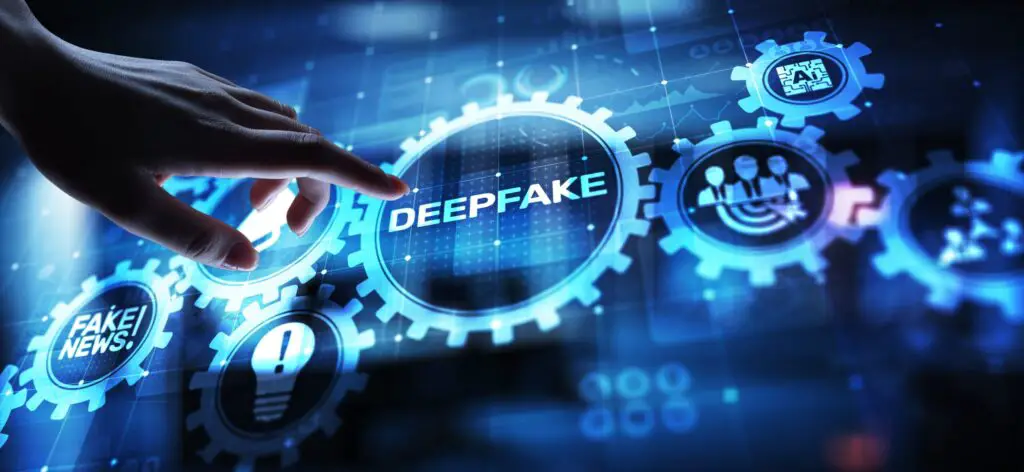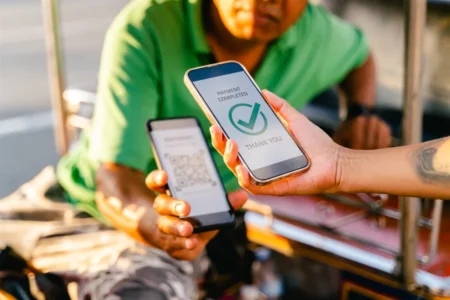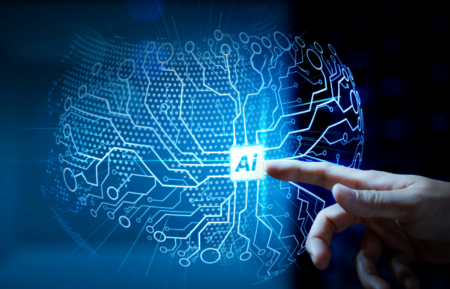- AI-generated deepfake enabled scammers set to conduct video calls with European leaders under false pretenses.
- Deepfakes, which are highly realistic fabricated videos or images, can deceive voters, manipulate public opinion, and tarnish the reputation.
- Google’s reverse-image search is another helpful tool that enables you to check if an online image has been used elsewhere.
Shortly before Slovakia’s parliamentary election in September last year, a viral audio recording circulated on Slovakian social media. In the recording, the leader of the Progressive Slovakia Party was heard discussing plans to manipulate the election and increase taxes on beer. (Slovakia is ranked sixteenth globally in beer consumption per capita.) However, it was later revealed that the audio was a fabricated AI-generated deepfake.
This exposed the threats that a majority of the countries are going to grapple with this year as many states hold their elections across Africa. This year, Senegal, South Africa, Chad, Ghana, and South Sudan are among the countries in Africa that are expected to hold particularly impactful elections, with the outcomes of these contests poised to impact everything from economic policies to political crises and the potential for testing democratic ideals in the continent.
The impact of elections in Africa often extends beyond national borders, as challenges of climate change, economic resilience, and security increasingly intertwine with leadership across Africa.
For instance, countries such as Mauritania, Rwanda, Mozambique, Botswana, and Tunisia are also slated for presidential elections, with each poised to address not only internal governance issues but also the pressing need for ecological sustainability and climate resilience.
The World Economic Forum in the 2024 Global Risks Report identified AI-generated misinformation and disinformation as the second most significant global risk after extreme weather.
This concern is well-founded, especially with the rapid rise of tools like generative AI empowered deepfakes, posing a threat to the integrity of democratic processes.
Deepfakes, which are highly realistic fabricated videos or images, can deceive voters, manipulate public opinion, and tarnish the reputation of political parties and politicians. Deep fakes have become a major headache in cybersecurity and digital authenticity in today’s fast-paced world, where information spreads quicker than a viral cat video.
Read also: 2024 outlook: Corruption and cybercrime emerge as biggest threats facing Kenyan firms
Vast improvement in the quality of AI-generated deepfakes
Anna Collard, SVP Content Strategy and Evangelist at KnowBe4 AFRICA, a cybersecurity training organisation, says there has been a vast improvement in the quality of deepfakes over the past year, making them more convincing and difficult to identify.
In a notable incident from October last year, cybercriminals used AI-Generated Deepfake videos to impersonate African Union Chairperson Moussa Faki Mahamat during online conversations with European diplomats.
Similarly, in December, Facebook removed over 100 deepfake paid advertisements featuring British Prime Minister Rishi Sunak after nearly half a million people viewed them.
“Deepfakes pose major risks in the run-up to elections, both in the UK and South Africa. Voters need to be aware of this risk and be proactive about mitigating their impact,” says Collard.
Be aware of AI-Generated Deepfake
According to Collard, the initial step in combating the impact of misinformation and disinformation through AI-Generated Deepfake is raising awareness.
“It’s crucial for the public to be aware of the existence of this phenomenon. The production of deepfake videos and images is cheap and easy,” she emphasizes.
CounterCloud, a research project to showcase how easy it is to create fully automated disinformation campaigns, operated with a modest budget of only $400. Its goal was to counter negative depictions of the US propagated by Russian media.
“If you’re a politician, expect AI-Generated Deepfake impersonating you to appear in order to sway public opinion,” she asserts. “Similarly, voters should not believe everything they see or hear on social media to be true.”
Read also: Africa’s cybersecurity challenges: An urgent call to arms
Verify information
Apart from raising awareness, another crucial principle is to verify information. “If a politician purportedly said something that’s deeply polarising, it’s important to verify whether they genuinely said it.”
To counter the risk of deepfakes, the Independent Electoral Commission (IEC), in collaboration with Media Monitoring Africa, has launched an initiative called Padre. This initiative allows voters to fact-check information regarding South African political parties and their recent statements.
Google’s reverse-image search is another helpful tool to check if an online image has been used elsewhere. Additionally, FotoForensics provides a more in-depth analysis of images. However, despite these tools, verifying information remains challenging.

“Deepfakes are becoming more convincing, making verifying information even harder,” states Collard.
Don’t over-react
Lastly, when faced with inflammatory content, Collard stresses the importance of voters not overreacting.
“Scammers want to whip up your emotions and get you in a state where you’re unable to think rationally. Stay calm and don’t share content that is overly emotive. Whenever your emotions are triggered, slow down and verify, -it could be a hoax,” she says.
Collard believes that it is every voter’s responsibility to educate themselves about the dangers of deepfakes.
“AI-generated fake content has huge implications for society, especially during election periods. To combat this form of disinformation and safeguard the democratic process, social media platforms, political parties and independent watchdogs as well as us the public will all need to work together,”she says.











